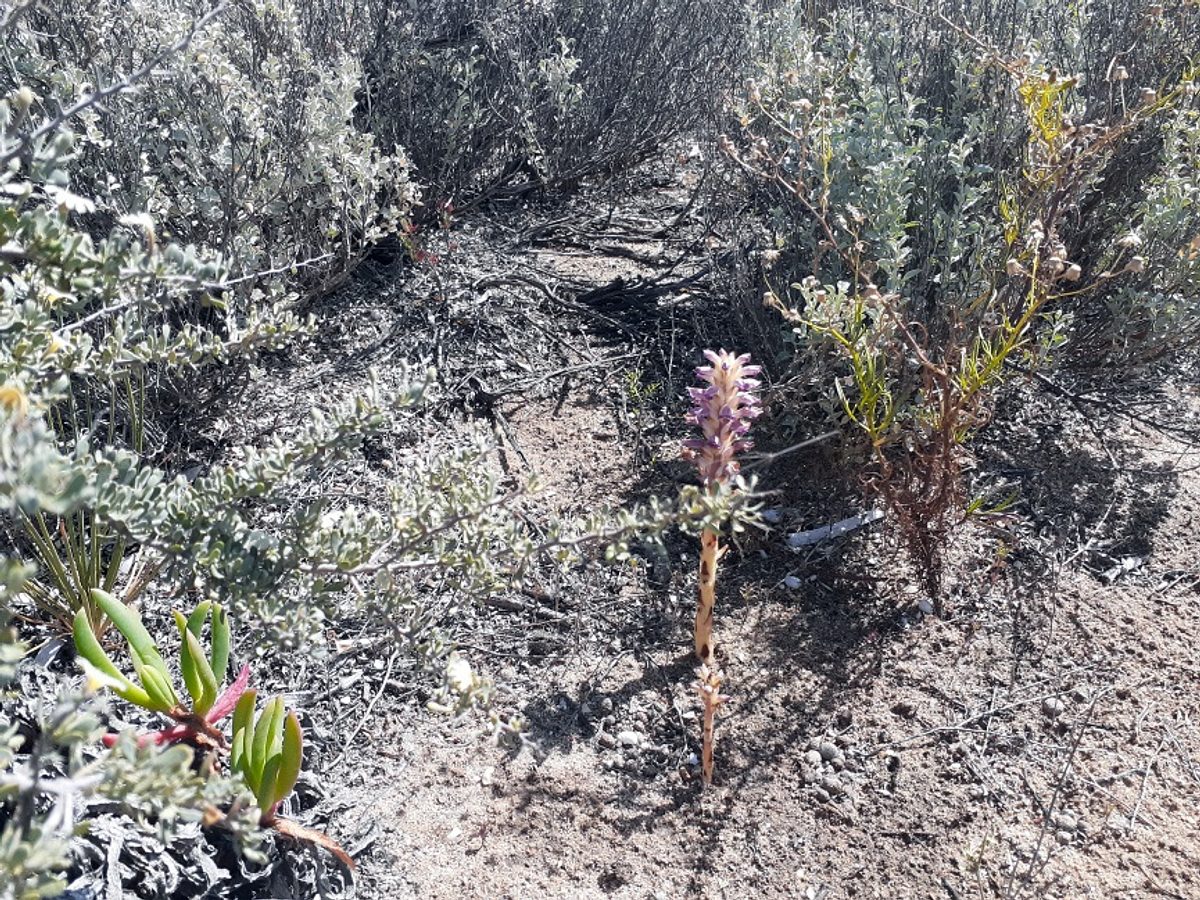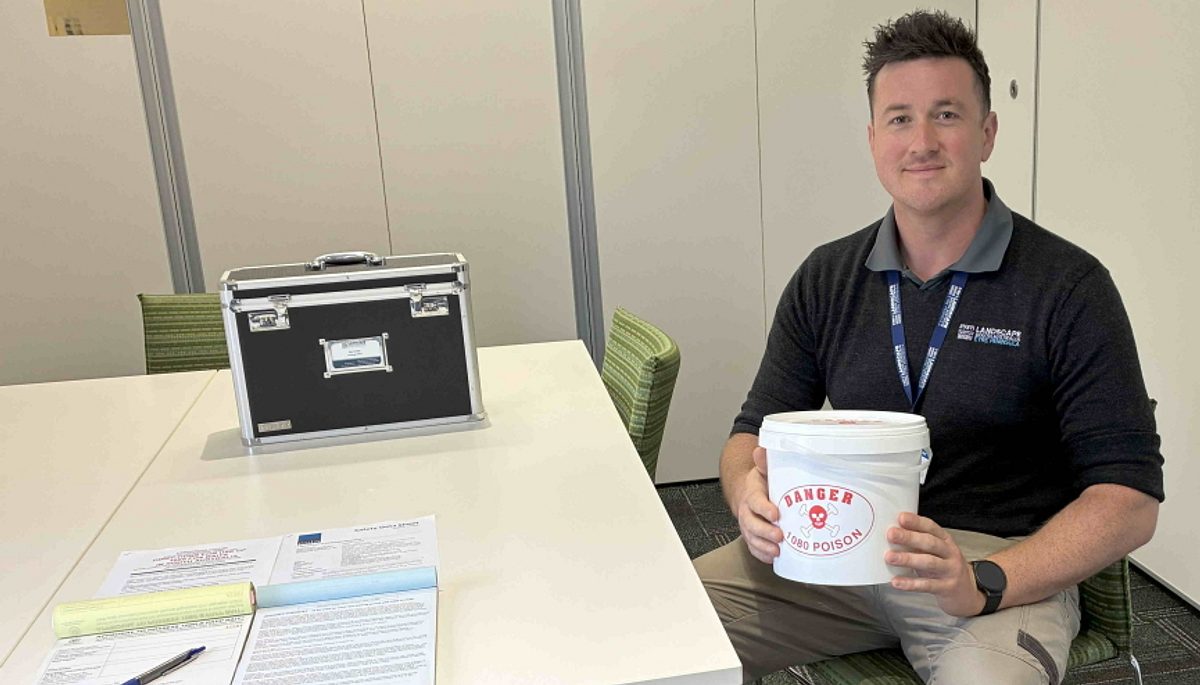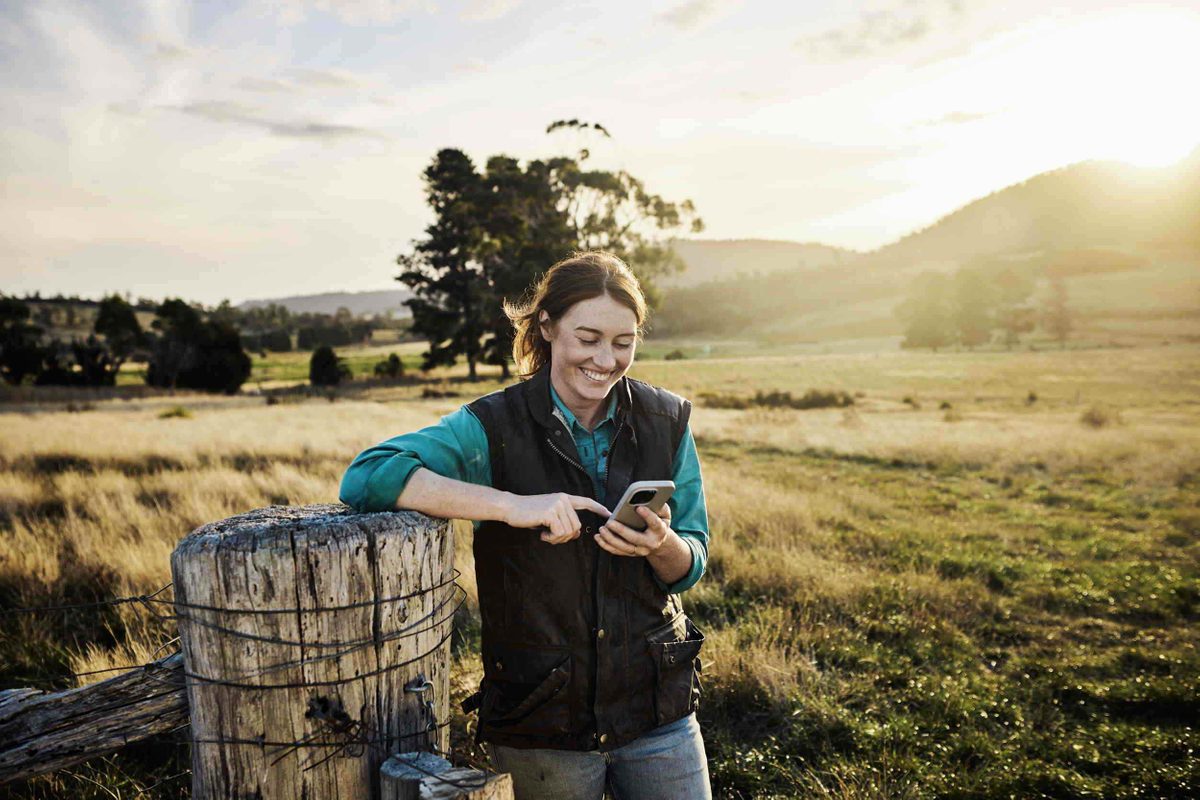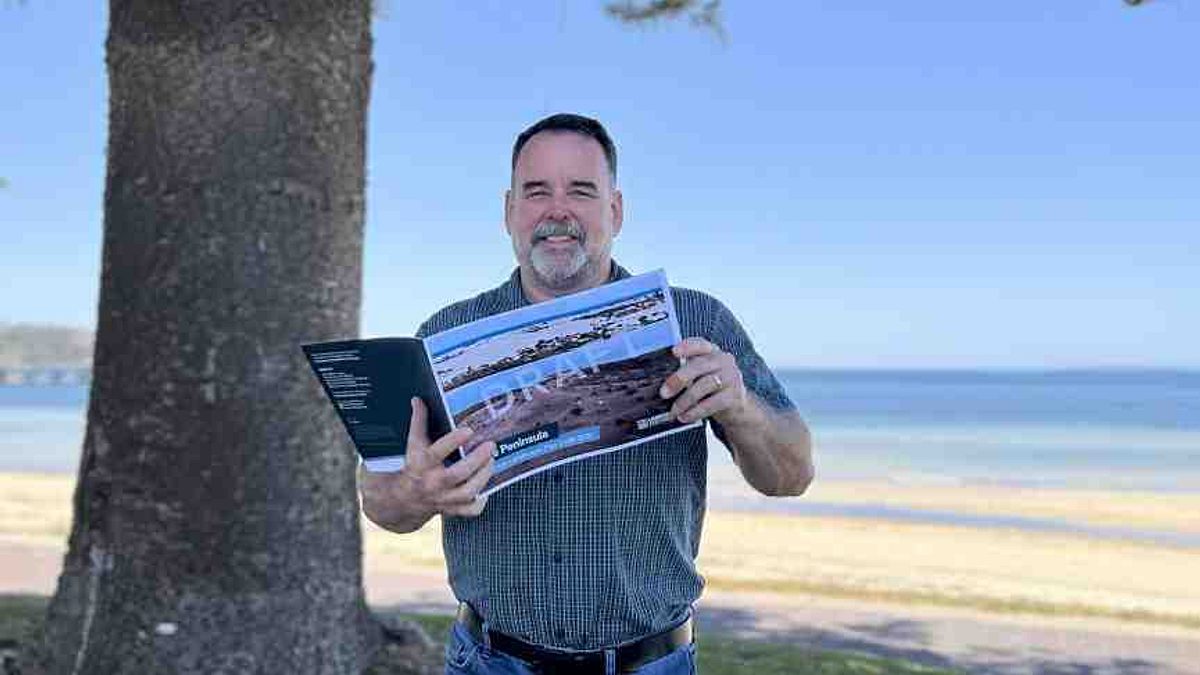Rare native plant discovery
The rare native plant Orobanche cernua var. australiana (Australian broomrape), has been found recently at two locations near Whyalla, and its host plant has been discovered in the process.
Australian broomrape was recently recorded at a campsite between Black Point and Point Bonython, and has now also been discovered just outside of Whyalla at Eight-Mile Creek in the Cowleds Landing Marine Sanctuary Zone area.
Broomrapes are parasitic species but information about their host plants is scarce. They contain no chlorophyll of their own and only the flowering stem can be seen above ground for a few months each year.
Our Whyalla landscape officer collected a sample to send to botanists at the State Herbarium who were keen to confirm the host species. Collecting the sample required carefully following the roots of the Orobanche to its host which turned out to be a native daisy (variable groundsel) of the Senecio lautus complex.
Interestingly both species are annuals and it appears they complete their lifecycle at roughly the same time so the parasite does no reproductive harm to the host as it has already developed and released its seeds. Studies into similar parasite plant host relationships have revealed that the host releases a hormone into the soil when it is nearing the end of its life and this triggers the parasite to germinate, attach to the roots and begin growing, then both plants complete their annual cycle and die together. Evidence of this symbiotic relationship were clear at this new site where the dead plants, parasite and host, where found in pairs.
New vegetation barriers installed at Eight Mile creek as part of our saltmarsh protection project will help to protect the rare species which only has four recorded occurrences on Eyre Peninsula - at Venus Bay Conservation Park, Catastrophe Cape south of Port Lincoln, Whyalla and Black Point.
If you spot a broomrape we’d like to hear about it as there is also an invasive Branched Broomrape and other weedy Broomrapes which pose a serious threat to Australia’s broadleaf grain and vegetable industries. Contact your nearest landscape board to report sightings.



